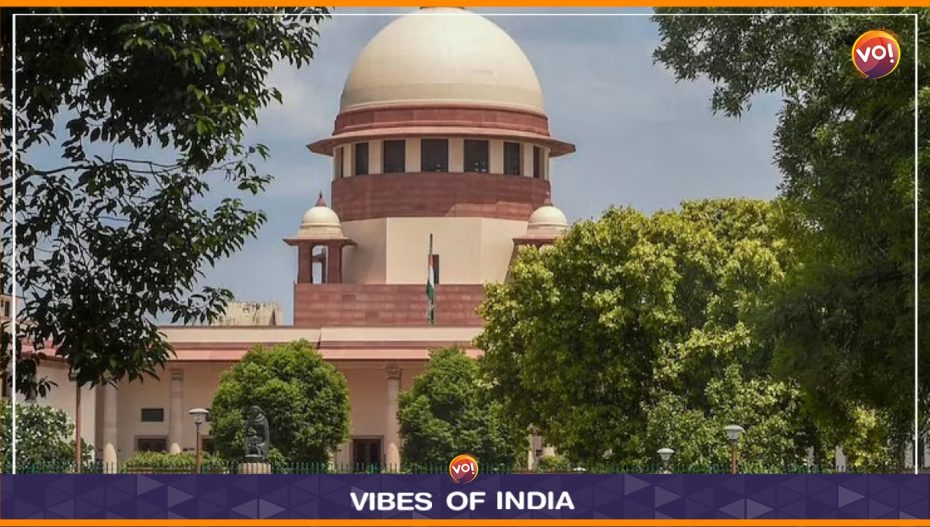The Indian family unit concept of a husband, a wife, and children, which necessarily presupposes a biological man as a “husband,” a biological woman as a “wife,” and the children born out of the union between the two – who are raised by the biological man as a father and the biological woman as mother, is not comparable with living together as partners and having sexual relationships by same-sex individuals (which is now decriminalised), the Centre told the Supreme Court.
Additionally, it argued that registering same-sex marriages violates both personal and codified law provisions, including those relating to “degrees of prohibited relationship,” “conditions of marriage,” and “ceremonial and ritual requirements” under personal laws governing the individuals.
“The notion of marriage itself necessarily and inevitably presupposes a union between two persons of the opposite sex. This definition is socially, culturally, and legally ingrained into the very idea and concept of marriage and ought not to be disturbed or diluted by judicial interpretation,” the Centre said.
“The parties entering into marriage creates an institution having its own public significance, as it is a social institution from which several rights and liabilities flow. Seeking declaration for solemnisation/registration of marriage has more ramifications than simple legal recognition. Family issues are far beyond mere recognition and registration of marriage between persons belonging to the same gender,” it added.
Also Read: UPIs Emerge Best Bet To Cheat Users, Officials Reiterate Never Sharing OTP Rule









